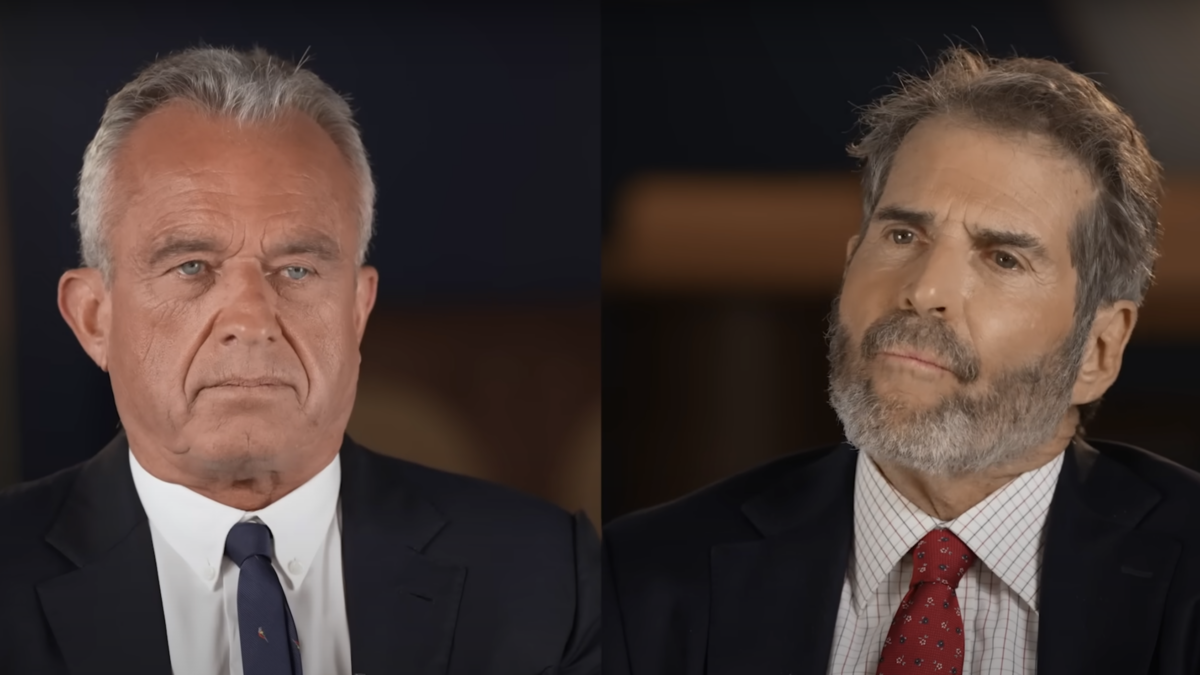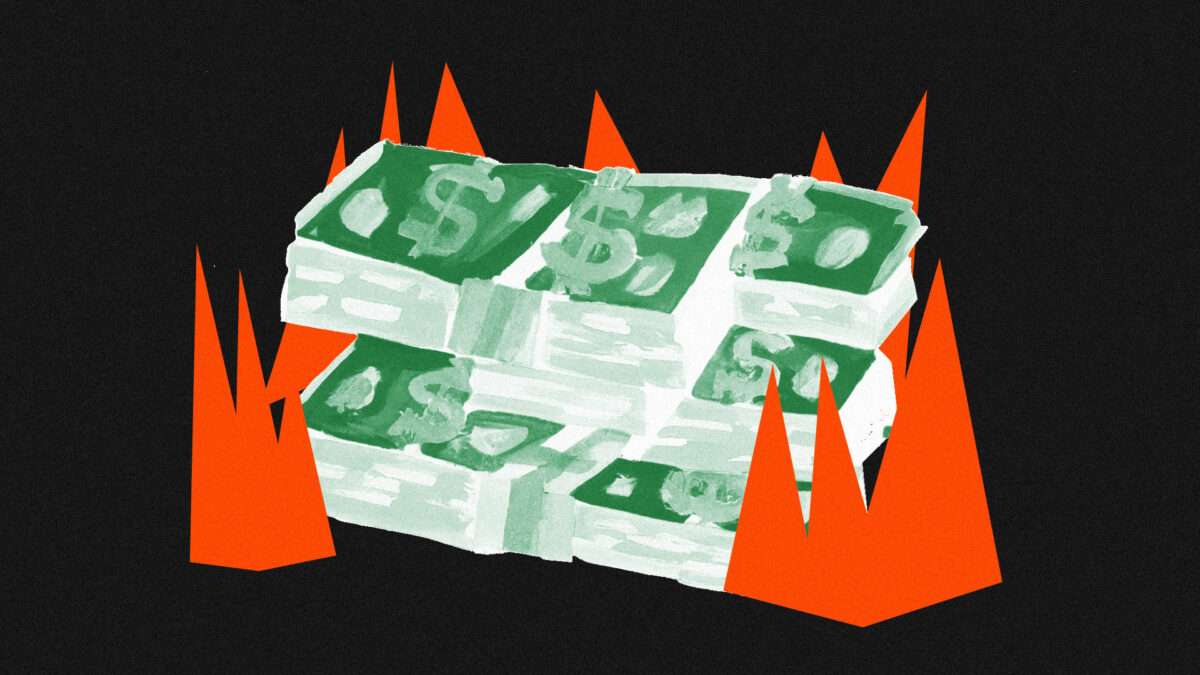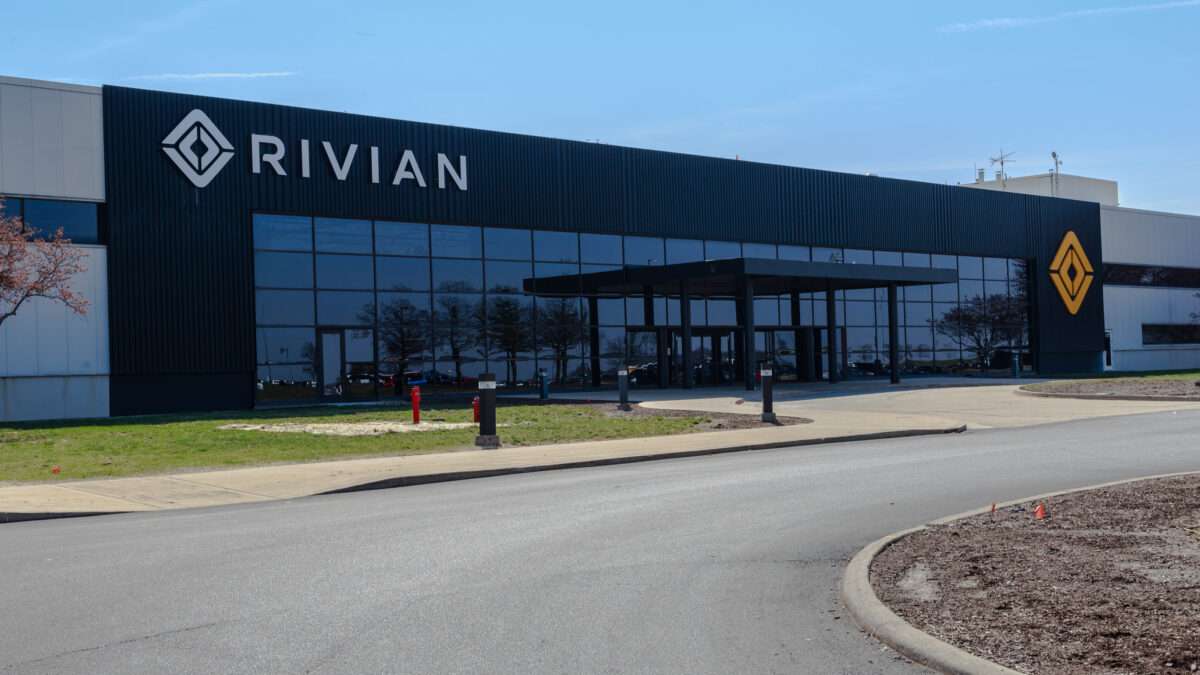Industrial Policy Is Alive and Well at the Democratic National Convention

On the first night of the 2024 Democratic National Convention (DNC), speakers assembled to make the case for Vice President Kamala Harris to be America's next president and to provide a glimpse of what policies she might pursue. Unfortunately, it's clear that industrial policy is likely to survive and thrive in a Harris administration, despite clear examples that giving public money to private companies carries significant risk.
Some speakers took shots at former President Donald Trump, with Shawn Fain, president of the United Auto Workers (UAW), invoking the closure of a General Motors (G.M.) plant in Lordstown, Ohio. G.M. shuttered the factory in March 2019 amid slowing sales; in July 2017, Trump had told supporters in Youngstown, "Don't move. Don't sell your house," because lost factory jobs would come back.
"Trump lied, and abandoned Lordstown," intoned the announcer of a video that played before Fain took the stage. "The G.M. factory in Lordstown did close, putting thousands of people out of work, because Donald Trump doesn't care about our communities."
"In 2023, who helped bring jobs back to Lordstown, Ohio?" Fain asked during his speech. "Kamala Harris!"
But it's worth noting that G.M. closed the factory just a decade after it received $60 million from the state of Ohio to operate the facility until at least 2039. When G.M. reneged on the deal barely 10 years later, Ohio chose to let the company keep $20 million.
Then between 2019 and 2023, the factory had another occupant: Lordstown Motors, an automaker that planned to build electric pickup trucks. The brand new company purchased the factory for $20 million after borrowing $40 million from G.M. Ohio officials, having not learned a lesson from the experience with G.M., gave Lordstown Motors $24.5 million in grants and tax credits.
And yet despite all the financial assistance, Lordstown Motors entered bankruptcy in June 2023.
"Today, tens of thousands of auto jobs are returning to the United States, thanks to the policies of the Biden-Harris administration," Fain said in a UAW video released last week. "That includes jobs in Lordstown, Ohio, where auto workers at Ultium Cells are now building batteries for General Motors."
Ultium is G.M.'s electric vehicle battery cell technology. "Ultium's Lordstown plant could qualify for tax credits worth more than $1 billion a year," according to a 2023 UAW report. And in 2022, the U.S. Department of Energy announced that it would loan the company $2.5 billion to build three factories, including the one in Ohio.
Ultium is also building a $2.6-billion factory in nearby Michigan, for which that state's government agreed to give the company $666 million. And Ultium was not the only company singled out at the convention.
"Trump talked big about bringing back manufacturing jobs, but you know who actually did it? President Joe Biden and Vice President Kamala Harris," New York Gov. Kathy Hochul said, moments after Fain spoke. "Look no further than the city of Syracuse, where a company called Micron is building a $100-billion microchip factory with union labor."
In October 2022, Micron pledged to spend $20 billion by the end of the decade to build what it deemed "the largest semiconductor fabrication facility in the history of the United States," signifying "the largest private investment in New York state history." The company further noted that it "intends to invest up to $100 billion over the next 20-plus years."
But the Biden administration agreed to award that company $6.1 billion in federal handouts for its Syracuse factory and one near Boise, Idaho. New York promised another $5.5 billion in state incentives.
Of course, it's entirely likely that these deals will be every bit as lucrative as promised: Micron alone promises that its Syracuse factory will "create nearly 50,000 New York jobs, including approximately 9,000 high paying Micron jobs." But at the time of this writing, Micron has a market cap of $118 billion, suggesting that it could've made the initial $20-billion investment without state and federal taxpayers picking up so much of the tab. Similarly, even though G.M. currently has a market cap of $52 billion and it has reneged on an economic development deal in the very recent past, it still continues to benefit from public cash.
With three more nights to go, the DNC will likely feature more policy proposals for a potential Harris administration. Unfortunately, the first night indicated that industrial policy is alive and well in the Democratic Party.
The post Industrial Policy Is Alive and Well at the Democratic National Convention appeared first on Reason.com.









